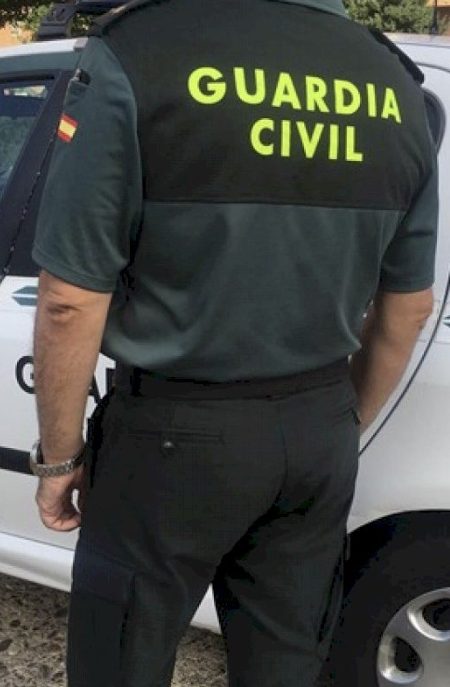Loneliness, the desire to fall in love again, and the rise of superior technology all intermingled in a story that culminated in economic disaster. José Ignacio Villameriel, a 78-year-old retiree from Alicante, lost all of his savings in three months as a victim of a “love scam” made with artificial intelligence (AI).
He sent a total of 8,800 euros while believing he was visiting a 43-year-old doctor in Kazakhstan. It was too late when he uncovered the deceit.
A life filled with ups and downs
José Ignacio was born in Palencia but spent nearly 50 years in Gijón, where he worked as a savings bank manager, married, and raised two children. He admits that his previous marriage ended due to poor investments and drug issues: “It was the reason for my divorce,” he says candidly.
Seeking to reconstruct his life, he relocated to Alicante and began attending Proyecto Hombre and other therapy centres, where he met his second wife. They married in 2016, but their bliss was short-lived since she died in 2022. That loss sent him into a deep depression, which put him in treatment for two years.
He was staying in a house in Benidorm owned by his wife’s relatives. Following his grief, his therapists advised him to socialise, try new things, and use social media. And that’s where it all started.
“Ainur”, the alleged doctor
On November 11th, 2024, he got an email that altered the trajectory of his life. It was from “Ainur,” a 43-year-old doctor from Kazakhstan who said she was looking for a meaningful relationship. She was able to acquire his trust with photographs and films made using artificial intelligence. A friend attempted to tell him about the deception, but José Ignacio dismissed him: “I told him to go to hell.”
The requests for money quickly began. First, 2,000 euros for an airline ticket. Then another 2,000 for unforeseen expenses. Later, they wanted an alleged 10,000-euro deposit required by the Kazakh government to ensure his return to her own country after visiting Spain. Although he was never able to collect that sum, José Ignacio did send a total of 8,800 euros, which included proceeds from the sale of his Benidorm flat.
On the way to the airport, the final deception
His desire to meet her in person drove him to purchase a bus ticket to Madrid-Barajas Airport, where he planned to meet her. But in the middle of the flight, he received the final email: she had been jailed in her home country for transporting a family icon, a work of art that could not leave Kazakhstan. To get it released, she would have to pay a fine or face incarceration.
At that point, José Ignacio started to suspect. He went to the National Police, who confirmed his suspicions: he had been a victim of a fraud. The photographs and videos were made using artificial intelligence, and the woman did not exist.
José Ignacio now shares an apartment in Alicante with three other seniors. He is broke, but he has the bravery to relate his experience so that others do not fall into the trap. “If you know someone, touch their hands, so you can see the person in front of you.”
A swindle on the rise
“Love scams” are not new, but the arrival of artificial intelligence has made them more complex. Computer-generated appearances, synthetic voices, and hyper-realistic films make it impossible to distinguish between deceit and truth.
In Spain, the National Police warn that these frauds are on the rise, leaving victims with not just empty bank accounts but also significant mental scars.
José Ignacio’s narrative represents the dark side of a burgeoning digital phenomenon: the use of AI to influence human emotions. And his story from Alicante serves as a wake-up call to ensure that no one else loses their savings—and their trust—on a non-existent promise of love.








No Comment! Be the first one.